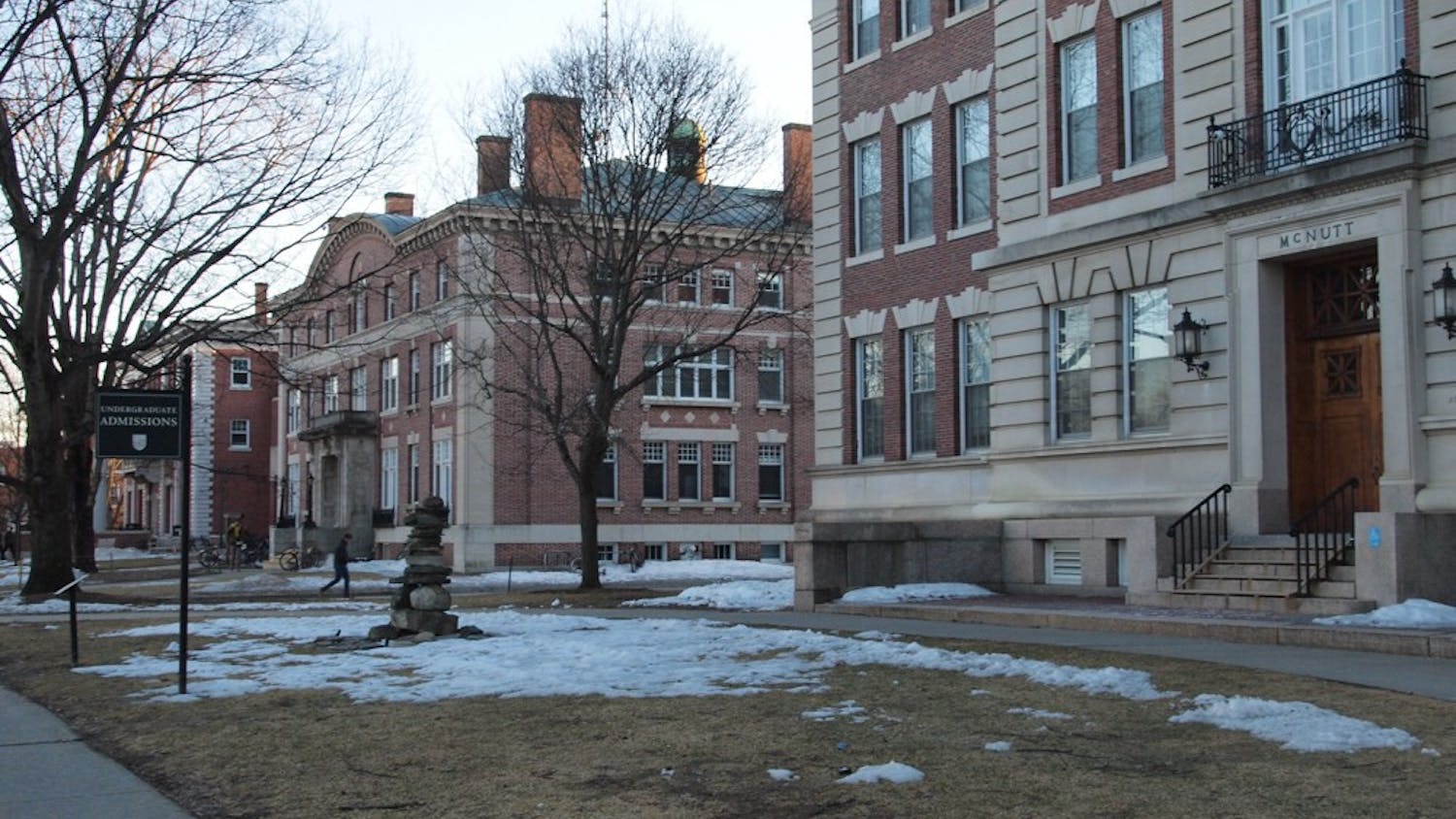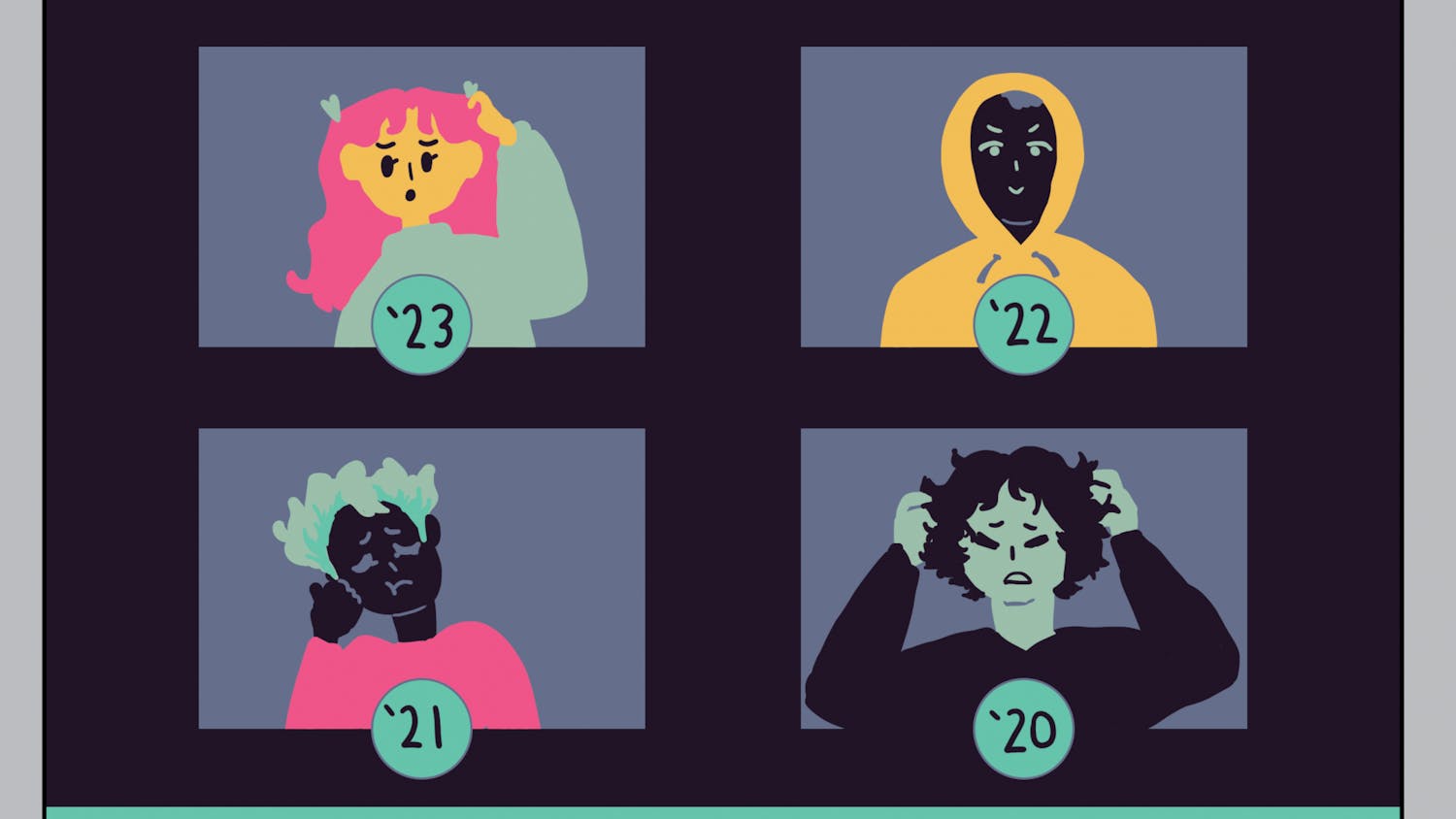The COVID-19 pandemic is not just a public health issue. The outbreak has upended many aspects of our lives. It has exposed the realities of class disparity, highlighting unequal access to resources like food and housing. In the face of this crisis, many people have had to turn to unions, rent strikes and community organizing for survival.
As an institution and as a student body, Dartmouth is implicated in this narrative. Despite Dartmouth’s supposed dedication to supporting students regardless of socioeconomic background, it appears the College assumes that the entire student body is privileged enough to seamlessly transition to its new, remote-learning format. This view is not just ignorant — it actively endangers vulnerable students.
In its response to the COVID-19 pandemic, the Dartmouth administration has fundamentally ignored the needs of vulnerable students, some of whom now face homelessness, food insecurity and other financial challenges. For instance, Maleah Wenzel ’20 was due to return to Dartmouth from a winter term foreign study program when she was informed that the College would not be providing spring interim housing to most students due to concerns over the spread of COVID-19. Classified as independent and homeless by the state of Alaska, Wenzel had depended on a residence hall for housing over the interim period. Yet, the College refused to provide housing for the full interim period and did not offer financial help to self-quarantine off campus even though Wenzel is an undergraduate advisor and thus an employee of the College.
Wenzel was forced to start a GoFundMe to cover the costs of housing. Eventually, she successfully acquired funding from Dartmouth’s Native American Program and Native American alumni, allowing her to return to Alaska and self-quarantine in a hotel. However, she still faces financial instability, with her regular sources of income no longer available to her. Fortunately, the Office of Residential Life recently announced that it will provide UGAs with a remote stipend. It would only be fair and responsible for other Dartmouth student-employers to do the same for those students who depend on campus jobs to survive.
While her situation is particularly severe, Wenzel is not alone in facing serious difficulties regarding the transition away from campus. On social media, students have reported facing homelessness, lacking reliable Wi-Fi at home, sudden family unemployment and having to take care of family members on top of a full course load. These problems, among others, turn this term into a serious burden for many. We understand that remote classes may be the best solution to the pandemic in regard to public health, but this does not excuse the College from failing to address the needs of vulnerable students and ensuring every student can thrive in this new academic format.
Many students report that instead of increasing their financial aid, the College has actually slashed it. After contacting the financial aid office to clarify the situation, many students have only received vague statements in response, or none at all. As an institution whose mission statement claims that it “recruits and admits outstanding students from all backgrounds, regardless of their financial means,” the College must take more responsibility for assisting students in these uncertain times.
Since Dartmouth has failed to address the needs of a diverse student body, a group of student organizers — of which we are a part — wrote an open letter asking the Dartmouth administration to address the needs of vulnerable students. To ensure student needs are heard throughout these unprecedented times and that vulnerable students are no longer neglected, we offered to create a student task force that would serve as a liaison between the College’s COVID-19 task force and students. Although College President Hanlon did reply to the letter via email, he did so only with vague statements and words of comfort, leaving many demands and questions unanswered.
In support of vulnerable students, Dartmouth’s alumni board recently launched an emergency student relief fund that, as of April 1, has raised $165,729. Yet, despite the immediacy of their needs, students still have no knowledge of how to access these funds. Instead, many students are turning to a mutual aid fund created by student organizers to address the financial insecurity of students. Although the student-organized fund has provided numerous students with assistance in buying groceries, supporting their families and paying rent, this fund has already received more requests than the available funds can meet. Though Dartmouth claims to have strong community values, the student-organized fund has had to rely on small donations, mainly from faculty and recent alumni, totaling around only $9,500 in donations as of April 1.
As recently as 2017, 45 percent of Dartmouth’s student body came from the top five percent of the socioeconomic ladder — even if each student in that group had donated only $10 each, that would amount to almost $20,000. If Dartmouth really considers itself a community, students who have the most financial leverage should come to the aid of their vulnerable peers.
In times as desperate as these, however, even individual altruism is not enough to combat institutional neglect. If Dartmouth wishes to live up to its reputation as a college that cares about educating students from all backgrounds, it must increase — not decrease — financial aid for students who need it. It must acknowledge that not all students have comparable access to basic necessities, such as Wi-Fi and housing. It must pay students who were depending on student jobs at Dartmouth to get them and their families through the spring term.
Times are hard, and as President Hanlon noted in an email to campus, Dartmouth will lose money this term. While we recognize this loss, with a $5.7 billion endowment, the institution can afford to take responsibility for its students’ health and safety — or it risks losing the respect of its students.
Kim and Tiao are members of the Community Resource Fund and members of the Class of 2020. Kim is a former member of The Dartmouth senior staff.
The Dartmouth welcomes guest columns. We request that guest columns be the original work of the submitter. Submissions may be sent to both opinion@thedartmouth.com and editor@thedartmouth.com. Submissions will receive a response within three business days.



